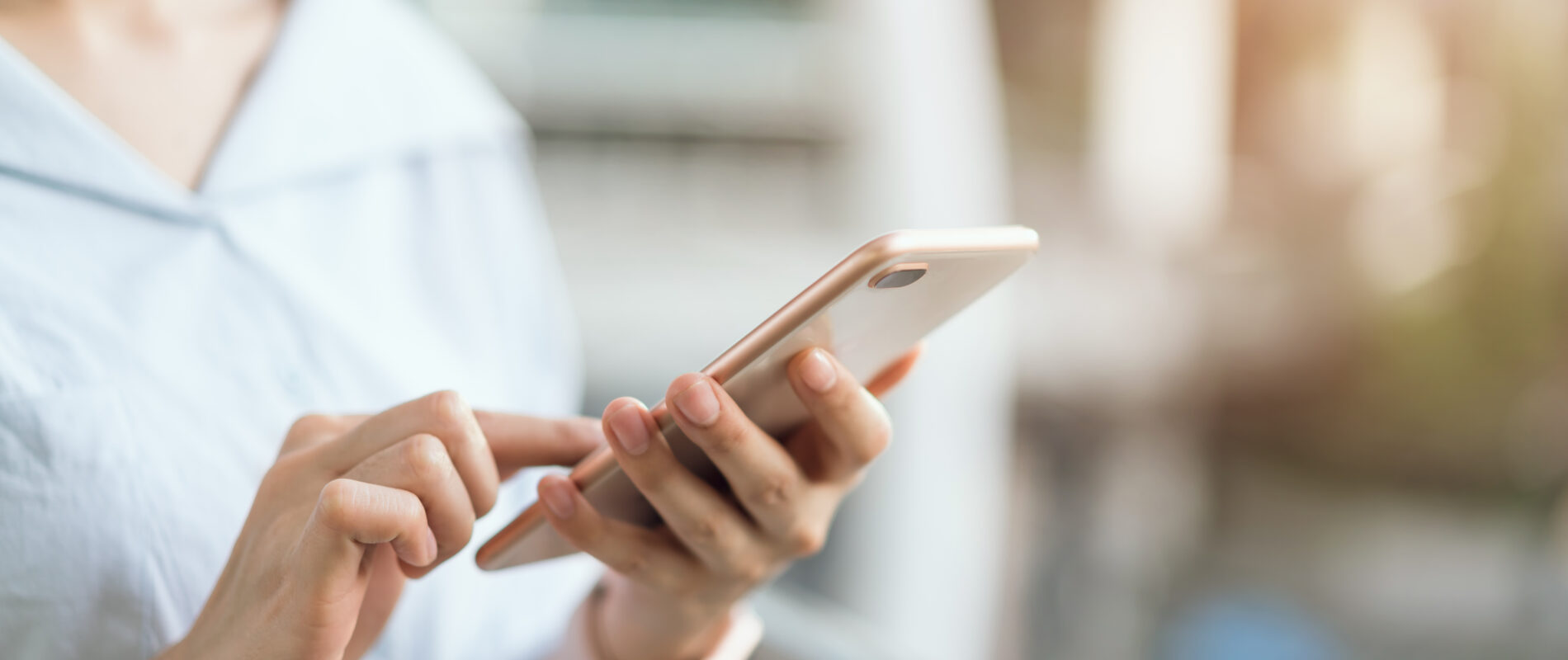Even if these days in Japan people prefer to call one another using LINE rather than the native phone app on their device, it is still highly recommended to obtain a Japanese phone number. You will be asked for one during certain administrative tasks (bank, work, social security…) and for certain services or activities. In short, having one will make your daily life easier.
It is helpful to know for your arrival that wifi is freely accessible in many places including metro stations, convenience stores, cafes, and malls. Some trains even have their own wifi, namely the shinkansen.
Options available
To get a Japanese number, you need to have a residence card and a bank card (foreign or Japanese).
Usually, operators offer plans with limited data and zero calls and messages, which are instead billed by usage.
Criteria to consider during your search:
- Activation fee
- Cancellation fee
- Commitment period
- Customer service in English or no
- Amount of data
- Price of plan
Classic operators
The big three operators in Japan are NTT Docomo, AU by KDDI and Softbank (Vodafone).
While they previously only offered 12-month plans, they now have no- and low-commitment plans.
Most of their clients are locals, so their websites may be confusing to foreigners. It is often easier just to go into a physical store. The associates might not speak English, but you should still be able to get registered.
Softbank has a list of stores that have associates who can speak English.
As for Docomo, if the staff in store don’t speak English, they use their English hotline to interpret. Once you become a customer, you can use this hotline to change plans or cancel your line, for example. Find more information on this page.
Note that in order to obtain a Japanese number from one of these operators, you will need to have already registered an address to your residence card.
Other operators
Over the years, many smaller players have appeared in the industry to compete with the incumbent operators. They are usually cheaper, more flexible, and more foreigner-friendly. These include:
- Sakura Mobile
- Rakuten
- GTM Mobile
- UQ
- Mineo
- LINE Mobile
- OCN
- Mobal
- Iijmio
Most of them allow you to sign up online. Some also have physical stores.
Compared to classic operators, the plans are numerous, prices are competitive, and signup is usually simpler. Though coverage is sometimes less reliable, for the most part it shouldn’t pose any problems.
In conclusion, these newer smaller operators are what we see as most adapted to the needs of foreign working holiday makers.
In either case, SIM cards can be purchased in electronics department stores such as Bic Camera or Yodobashi, at operator stores directly, or ordered online (option often offered by low-cost operators).
Alternatives to Japanese carriers
If you don’t want to go through the trouble of getting a local number or if you simply don’t need one (e.g., you won’t be working or opening a Japanese bank account), there are other ways to stay connected.
1. Pocket wifi
A pocket wifi is a little device that provides you with wifi connection where you carry it.
It is not the cheapest option per se, but it might make sense if you don’t already have internet at home. This way, you can kill two birds with one stone. Additionally, the network connection is generally even better than what you would get in a data package.
To give you an idea of the cost, it costs ¥5,478 to rent a pocket wifi from Sakura Mobile for 100GB of data per month, or ¥7,128 for 200GB.
You can find pocket wifis at Bic Camera or the low-cost operators explained above.
2. Prepaid SIM cards
You will also see many options for prepaid SIM cards. These are mostly targeted at tourists, but might be helpful for your first few days or weeks in Japan.
SIM cards and eSIMS only offer gigs of internet data, so you won’t have a Japanese phone number.
eSIMs for international travel
Regular SIM cards don’t come with any roaming data. So if during your stay in Japan you also plan to visit other countries, you can obtain a travel eSIM.
Among the prepaid cards that can be bought at electronics stores, some are designed for international travel. These are the SIM cards that you should look for.












 Français
Français English
English




0 comments
{{like.username}}
Loading...
Load more